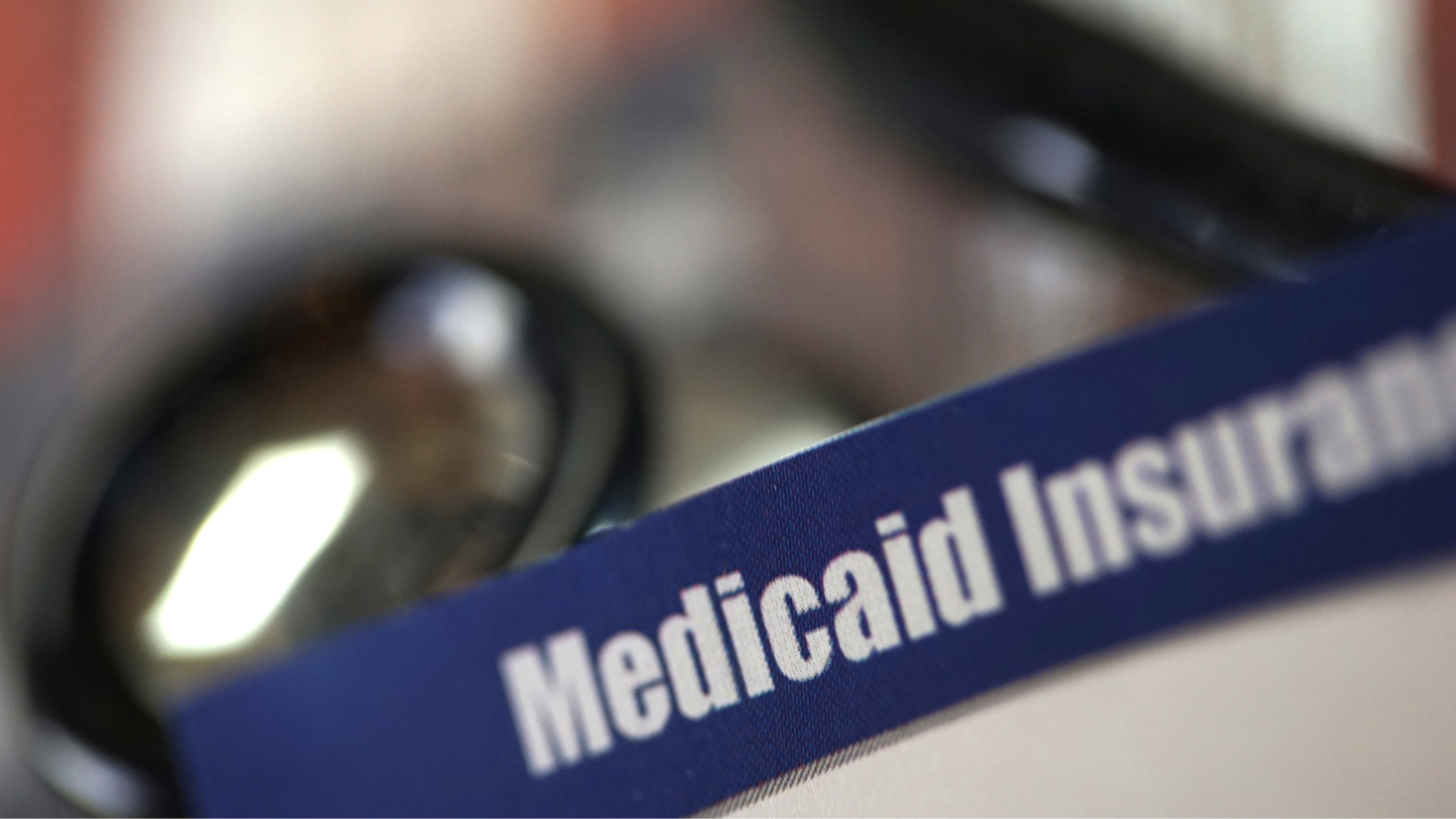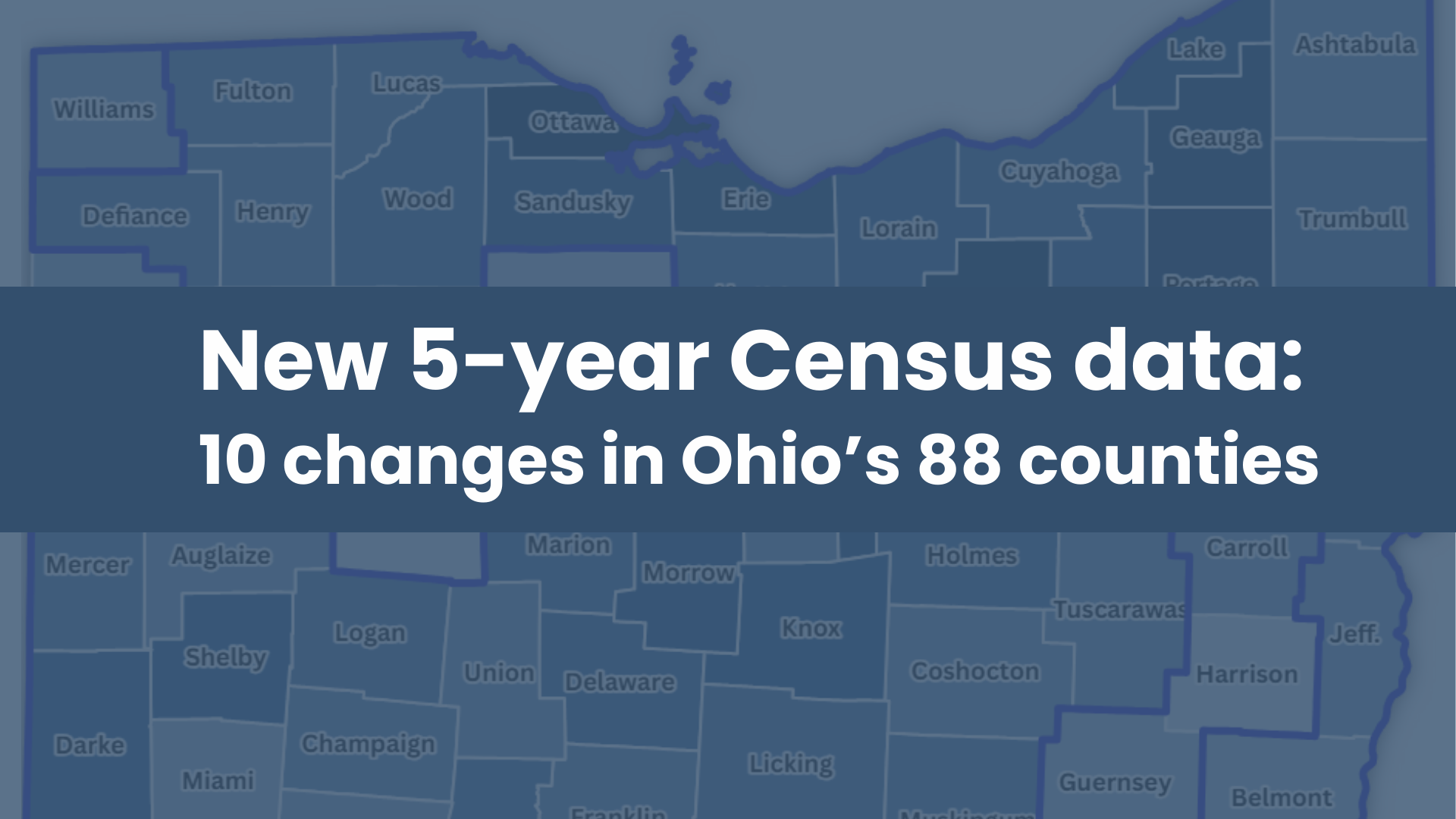The United States House of Representatives passed House Resolution (HR) 1, also known as the One Big Beautiful Bill Act, on May 22, 2025. This legislation works to extend many of the provisions included in the 2017 Tax Cuts and Jobs Act and includes dozens of new provisions that will reduce the federal government’s support for assistance programs. While many different programs receive cuts in this bill, the changes to the Supplemental Nutrition Assistance Program (SNAP) will be especially detrimental.
The changes to the Supplemental Nutrition Assistance Program (SNAP) will be especially detrimental.
Thrifty Food Plan changes
The bill heavily restricts future updates to the Thrifty Food Plan. The Thrifty Food Plan is the cost of groceries (defined by law) needed to provide a budget-conscious, healthy diet for a family of four consisting of a man and woman 20-50 years of age, a child 6-8 years of age, and a child 9-11 years of age. The plan, which under current law is set in June for the following federal fiscal year, is used as the basis for calculating SNAP benefits. Restricting future updates to the plan will keep benefit payments low and cut spending power for those receiving nutrition assistance as the benefit that is received will stay stagnant as food prices continue to increase.
Work requirement and waiver changes
The bill, as passed by the House, would change work requirements, waivers, and other criteria for SNAP recipients. This includes changes to both the general and able-bodied adults without dependents (ABAWD) work requirement. The general work requirement will change from those over the age of 15 and under 60 years of age to those over the age of 17 and under 65 years of age. The ABAWD work requirement exemption will change from those over 55 years of age to 65 years of age, no longer exclude parents with children 7 years of age or older, and sunset the exemptions for veterans, homeless individuals, and those who are under the age of 24 and were in foster care on their 18th birthday on October 1, 2030. These changes will jeopardize SNAP benefits from those who often need it most, older adults and parents with school-aged children.
State cost share changes (benefit and administrative)
This bill also contains changes to how SNAP benefits and the administrative costs of running the program are paid for. Under current law, administrative costs are split 50-50 between the state and the federal government. The bill proposes to change the cost sharing structure to 75-25 with the state footing 75% of the expense. According to Federal Funds Information for States (FFIS), this would increase Ohio’s administrative costs by $97.9 million.
The legislation proposes that starting in federal fiscal year (FFY) 2028, the federal share of benefit payments will be determined by a state’s payment error rate.
While the proposed cost sharing change for SNAP administrative costs is bad news for states, it is a drop in the bucket compared to the proposed cost sharing change for SNAP benefit payments. Under current law, the federal government pays the entire portion of the SNAP benefit. The legislation proposes that starting in federal fiscal year (FFY) 2028, the federal share of benefit payments will be determined by a state’s payment error rate. The error rate measures the accuracy of each state’s eligibility and benefit determinations. Error rates include both overpayments and underpayments. If a state’s payment error rate is below 6%, the federal government will cover 95% of the benefit payment and the state will pay 5%. According to FFIS, only 6 states had error payment rates that would qualify them for the lowest cost sharing percentage when examining 2023 error rates.
The bill provides three other payment split situations, which are included in the table below.
Under the legislation’s proposed benefit cost sharing provisions, Ohio’s best-case scenario, if the state qualifies for the 5% match, would be an extra $158.9 million, and in the worst-case scenario, if the state qualifies for the 25% match, would be an extra $794.4 million. The proposed changes create a fiscal environment where states will have to shift funds from other vital public services, choose how to cut SNAP benefits and restrict the number of people getting help, or opt out of having a SNAP program entirely.
Immigrant eligibility changes
The immigrant eligibility changes to SNAP included in the bill would mean that some individuals with a lawful immigration status will lose benefits. This would include those who have fled persecution, domestic violence survivors, and victims of sex and labor trafficking. Again, these changes will jeopardize SNAP benefits from those who will face the steepest challenges in replacing their benefit due to the situation they are in.
Regardless of the legislative intent of these changes to SNAP, the outcome will be that more children, disabled, elderly, and low-income Ohioans will lose their benefits and will go hungry. The Center for Community Solutions will continue to monitor HR 1, the One Big Beautiful Bill Act, and its harmful health and human services provisions as the United States Senate continues its deliberations of the legislation.







